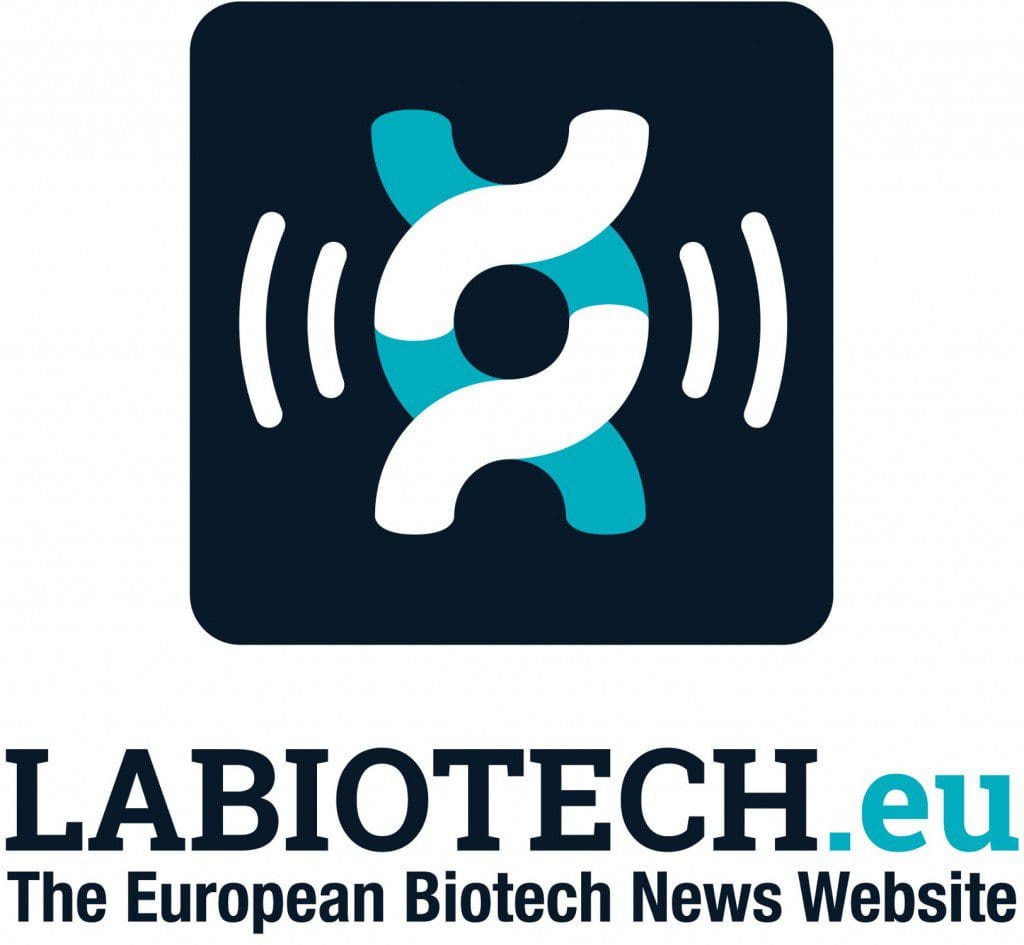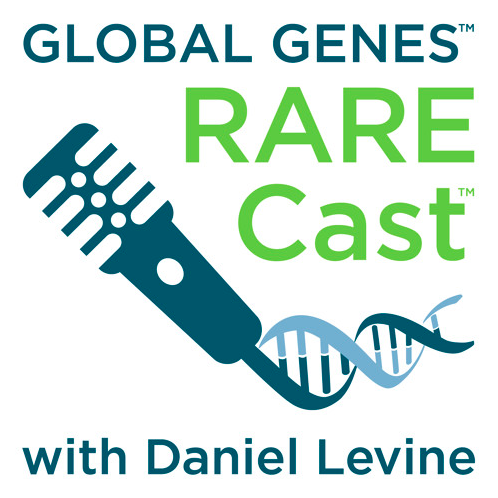Cerevance gains a new drug discovery chief as another AstraZeneca executive jumps ship
Roland Bürli, Ph.D., who headed up neuroscience medicinal chemistry at AstraZeneca, has left the British drugmaker for greener pastures. He joins Cerevance as vice president of drug discovery as the CNS-focused biotech looks to advance a suite of treatments for Parkinson’s and Alzheimer’s disease.
Cerevance gains a new drug discovery chief as another AstraZeneca executive jumps ship Read More »
























